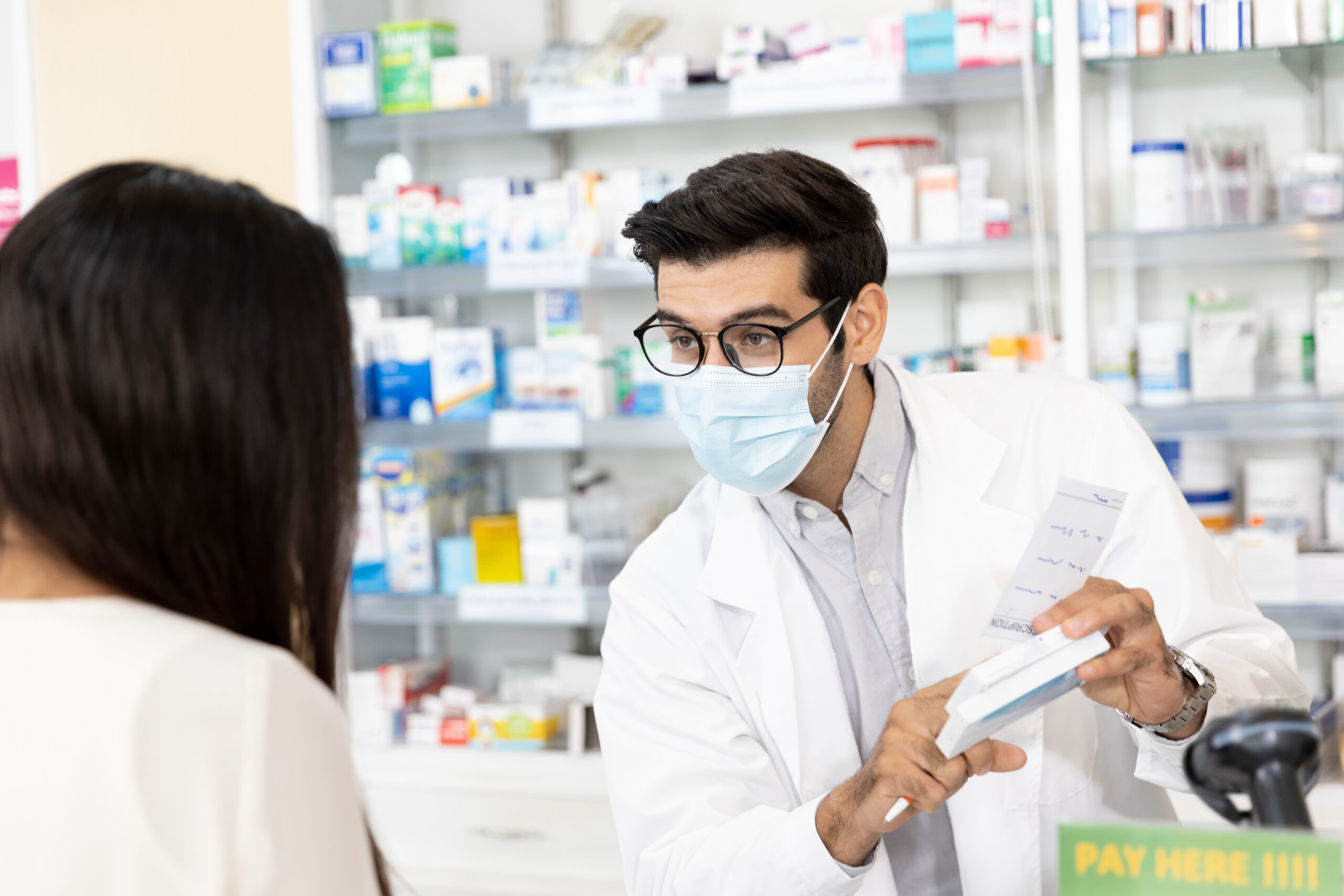Fintan Moore notes the impact of negative encounters in the pharmacy, but he tries to be philosophical about it…
The phrase ‘Hell is other people’ is attributed to Jean Paul Sartre but he wrote in French, and the translation from what he originally said changes it slightly, as well as what it is usually taken to mean. Rather than it professing a desire to be away from other people who are difficult, threatening or vexatious, Sartre actually meant that other people create our hell, because we judge ourselves based on the information they have given us on what they think we are. At least that’s what I think he meant, although philosophy isn’t my strong point, so apologies if I’m wrong. I also apologise in advance to the philosophy purists out there for what I am about to write because it will be based on the common misinterpretation of the phrase, namely that people really can do your head in.
I’m not overly philosophical, and I’m completely irreligious, but sometimes it’s worth feeling sorry for them and being grateful that you’re not walking in their shoes.
No future?
There’s been a lot written in the pharmacy world over the years on the topic of the future, and the outlook is generally gloomy, but the worst-case scenarios haven’t happened yet. However, it’s maybe time that we realise, along with everybody else, that the future we should be worrying about is what’s facing us as people, rather than as pharmacists. There will be times that the two problems intersect. As sea levels rise in the next 10-to-20 years, and weather events with extreme rain become more common, there will be pharmacies that end up getting flooded repeatedly, along with the communities they serve. For example, there are realistic predictions of sea level changes that estimate Howth in Dublin will become an island in a couple of decades from now. The planning process in Ireland has been dire for years, so lots of building has taken place on flood plains and in vulnerable coastal areas. I reckon it’s only a matter of time before banks will refuse mortgages and commercial loans for the purchase of low-lying properties.
So what can we do as a profession in the efforts to slow the rate of climate change? I’m not asking that as a rhetorical question — I’m genuinely wondering what the answers are! I’ve made some improvements in recent years — my lighting is all LEDs, and I’ve recently put solar panels on the pharmacy’s roof. However, I’m stumped on what can be done to reduce the amount of single-use plastic that we churn through every year. I’ve got some patients with addiction issues who pick up daily dispensings of benzodiazepines, so in the course of a year, each item prescribed for each patient requires 300 plastic vials or grip-seal bags. MDS trays are single-use and disposable. Most medication now comes in foil and plastic blister-packs, which all end up in landfill after use. Unfortunately, it’s hard to see alternatives to these things. I know some pharmacies use refillable MDS trays, but from a hygiene/infection point of view, I’m not comfortable about doing that until Covid is well passed, if even then. I’m curious about other possible actions that could help in some small way.
Sweet dreams are made of…?
It can be interesting at times when OTC products go off the market to see the lengths that people will go to in order to find some items. Worryingly, the stuff that people get busy hunting-down is often the stuff that should only be used sparingly, or better still, not at all if possible. My pharmacy is a bit off the beaten track, so anybody non-local has made a bit of effort to find us. Whenever Nytol is unavailable from the manufacturers, we always notice that every couple of days, a stranger will call in to see if we have any. It’s a safe assumption that they’re doing bit of a tour in the hope of finding some.
Whenever Nytol is unavailable from the manufacturers, we always notice that every couple of days, a stranger will call in to see if we have any
Another product that has been sought after is Dozol, even after months of it being unavailable. Any teething pains can be treated with plain paracetamol or ibuprofen, so the fact that people are still looking for Dozol so intently makes me wonder if they just routinely dose their children with it each night to get them off to sleep. Hopefully not, but it’s sadly a possibility.
Contributor Information

His email address is: greenparkpharmacy@gmail.com.







